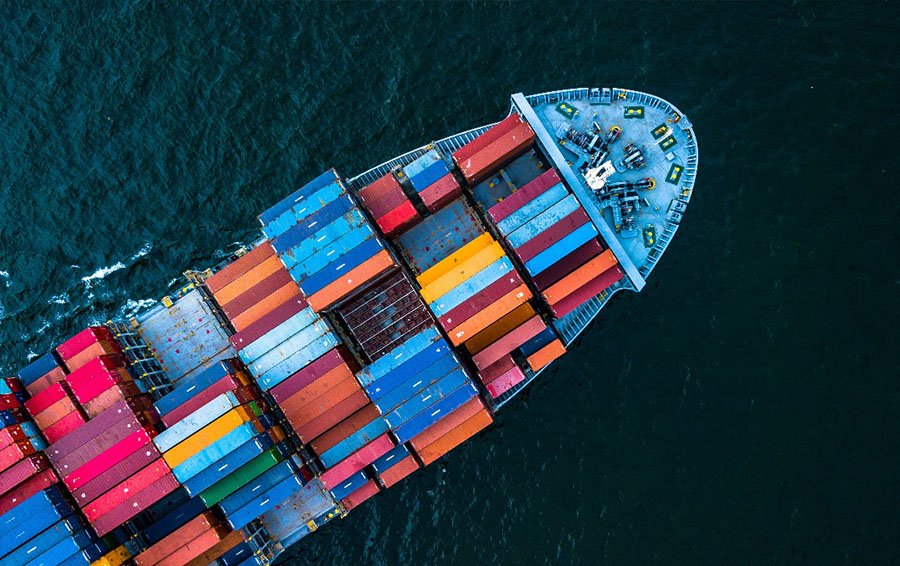Since the new year, the impact of Brexit has had a clear effect on every stage of the logistics process, from transport fees and new limitations to restrictions on imported goods. According to new research, 50% of UK business decision makers felt that Brexit uncertainty had negatively impacted their supply chain in the last five years[1], with this only set to increase as the full effect of Brexit becomes clear. As the difficulties of Brexit continue to hinder many logistical businesses at every turn, flexible logistics platform Trident Worldwide has assessed the impact across the industry.
What are the biggest effects?
UK logistics companies have had to adapt to huge changes, including:
Custom changes have been introduced as we saw the end of free trade between Britain and the EU. This means more paperwork and meeting new product standards which are stricter, particularly when trading restricted goods and livestock to name a few.
Supply-chain disruption has seen huge delays in custom checks at British ports causing a backlog of demand to major supply chains including grocery and manufacturing industries, however this is anticipated to ease after the adjustment period.
Regulation changes have changed UK trading standards from European standards when it comes to workers’ rights and consumer protection.
The effect on suppliers
The Brexit deal left SME’s within FMCG specifically unprepared and in a state of loss moving forwards due to associating logistics costs, with many forced to cut off sales to the EU which in turn hinders businesses ability to scale on an international level, meaning bottom lines will also decrease. Logistics providers are still working their way around the new regulations and pricings to be able to offer transport packages into the EU, which is anticipated to become smoother once the transition period is over.
In addition, suppliers in the UK have stockpiled prior to Brexit on medications and other emergency items, with three insulin suppliers for Diabetes UK already assuring the charity that they will be holding insulin stock to ensure continuous supply of at least four months[2]. However, this was not an option for some other sectors, such as FMCG’s, as a lack of warehousing facilities and a short shelf life made this seemingly impossible.
Beth Hawley, Healthcare and Pharmaceutical Account Manager at Trident Worldwide explains “There have been disruptions to the medical supply-chain more so than ever as deliveries are stopped at the borders due to a lack of customs clearance. This has led to a shortage in medication supplies. This has been an ongoing issue pre-Brexit but has pushed the need to streamline the supply-chain more than ever to ensure patients have the medication they need.”
Transportation
Road haulage, air freight and maritime transport has all been affected:
Road haulage is the most dominant mode of transport in the UK, with most goods imported to and exported from the UK by road are handled by overseas hauliers. UK hauliers account for 8% of total haulage activity in the EU[3], meaning negative implications in the UK and EU as new administration hurdles, delays at ports, and mandatory border checks come into play.
However, air freight cargo services have soared due to ocean congestion and sea freight supply chain issues and additional hurdles, with a growth of 200% in January compared to January 2020[4], making air capacity stretched to the maximum as logistics businesses attempt to find the quickest and most effective solutions.
Will Annand, Manufacturing Account Manager at Trident Worldwide explains: “Manufacturers I’ve spoken to at the start of this year have explained that their main issue was of course the changes in documentation and how not providing the correct information causes huge delays, and in some cases, penalties from customs which is affecting businesses massively. This has caused them to change their shipping Incoterms more to X-works and FCA in order for the financial and timing responsibilities to be placed more on their customers rather than themselves.”






